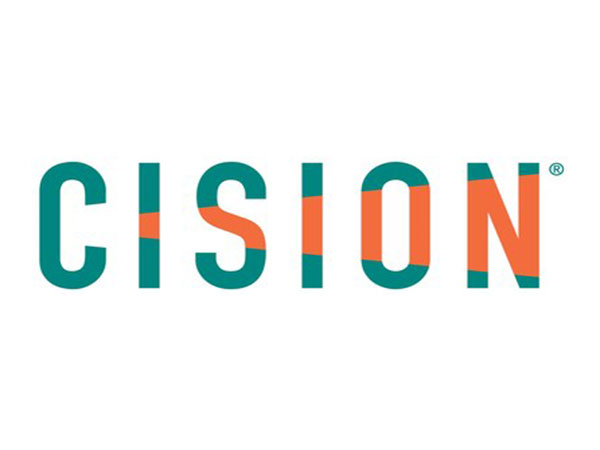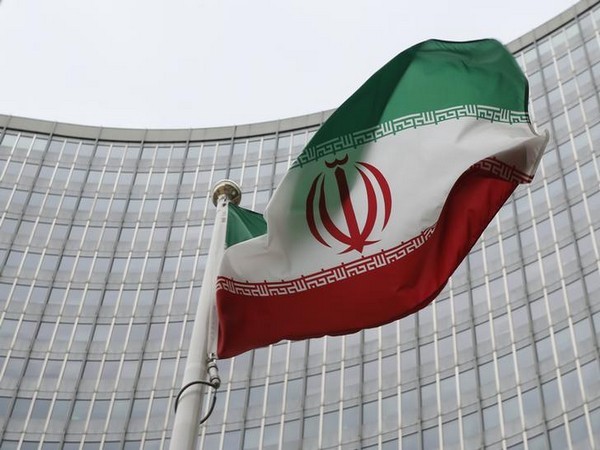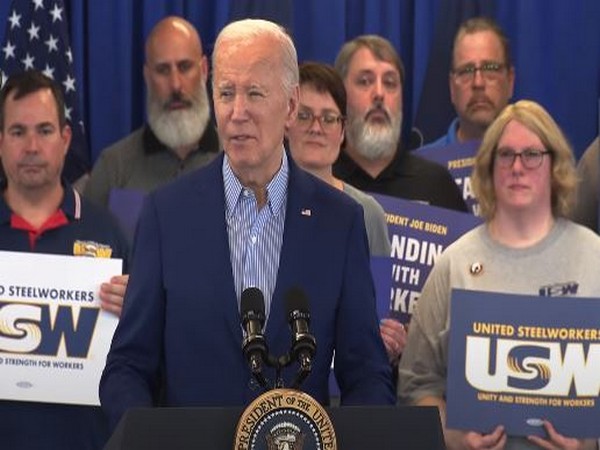
Overloaded: 89% of Indian consumers think there are 'too many' subscription services to choose from now
Sep 25, 2023
PRNewswire
New Delhi [India], September 25: The boom in the subscriptions economy is causing 'subscription fatigue' in India, according to a new survey. Nine in ten (89%) Indian subscribers believe there are now "too many" subscription services available. As a result, 92% now demand a unified platform to administer all of their subscriptions. Despite many feeling overwhelmed, 83% say they would sign up for more subscriptions if they were consolidated through a centralized content hub.
That's according to new research from Bango, based on a survey of over 6,000+ consumers currently paying for subscription services across India, Indonesia, Malaysia, Philippines, Thailand, and Vietnam.
Subscription overload
According to the data, 93% of Indian consumers have more than two subscriptions and 23% have more than six. These include services ranging from video streaming to food delivery, music, and sports.
However, the growing number of subscriptions to manage is causing frustration for consumers. Research found that 57% of respondents said they can't afford to subscribe to all the services they would like. Another 54% are annoyed they can't manage all their subscriptions in one place. The issue of automatic subscription renewals is also frustrating for many, with 66% wishing they could easily opt out of auto-renewals. 56% said they struggle to remember the billing dates for all their different subscriptions. With consumers juggling multiple streaming, delivery, and other services, subscription fatigue is setting in.
One hub, seamlessly delivered
Bango's study shows that Indian users don't want fewer choices when it comes to subscriptions–they simply want a more seamless experience. The study reports that 92% of consumers want all of their subscriptions to be streamlined through a 'Super Bundling' content hub where a single payment can be made to a service provider for multiple subscriptions.
The demand for Super Bundling in India is clear. 97% would be more loyal to a brand offering this service, and 86% would spend more time using their subscriptions if it was available.
As Anil Malhotra, Co-founder at Bango explains, "Managing multiple subscriptions is a headache for users. They don't want less choice – just less admin. We should focus on building all-in-one solutions that can offer consumers flexibility on billing, a wider variety of choices, and a great user experience. That's what they really want."
A new frontier of bundling, led by telcos
When it comes to building this solution, the survey reveals that local mobile network operators may be the key to unlocking Super Bundling. In India, most consumers already have subscription services included in their phone plan, making telcos the most trusted provider for a centralized content hub.
The data shows consumers are ready to switch providers to get Super Bundling - 70% of respondents said they would leave their current TV/broadband/mobile provider if Super Bundling becomes available elsewhere. It's also a win-win for content providers - 92% would subscribe to international content like Netflix and Disney+ if provided easy access through their mobile operator. By getting ahead of the competition with Super Bundling, telcos can gain significant advantage.
Companies like Bango specialize in the technology behind Super Bundling, ensuring a streamlined experience for consumers, content providers, and telcos alike.
"Bango's technology can be considered a 'Digital Vending Machine' for subscriptions. It's stocked with every subscription you can think of. Telcos, banks, and any other large business can tap into it, and load it with the subscriptions their customers want. Then they can offer the best deals and discounts as part of a regular monthly bill," says Malhotra.
To view Bango's research data or to find out more about the Bango Digital Vending Machine, read the full study.
(ADVERTORIAL DISCLAIMER: The above press release has been provided by PRNewswire. ANI will not be responsible in any way for the content of the same)









